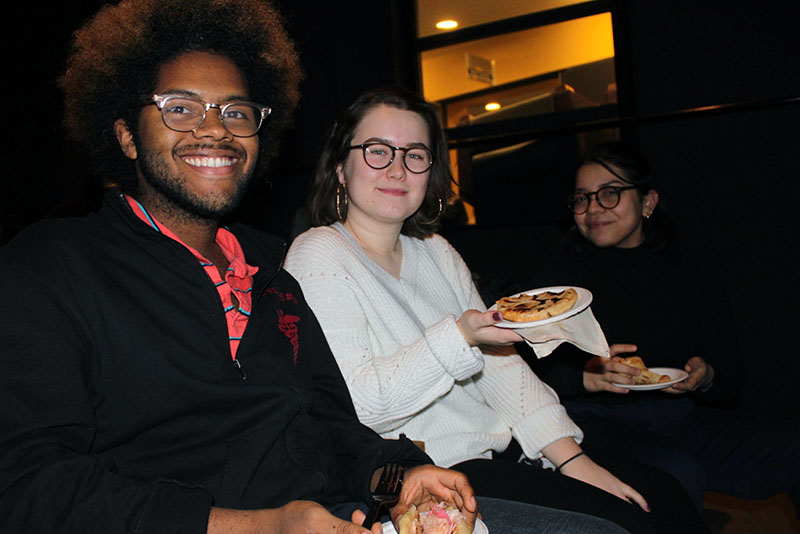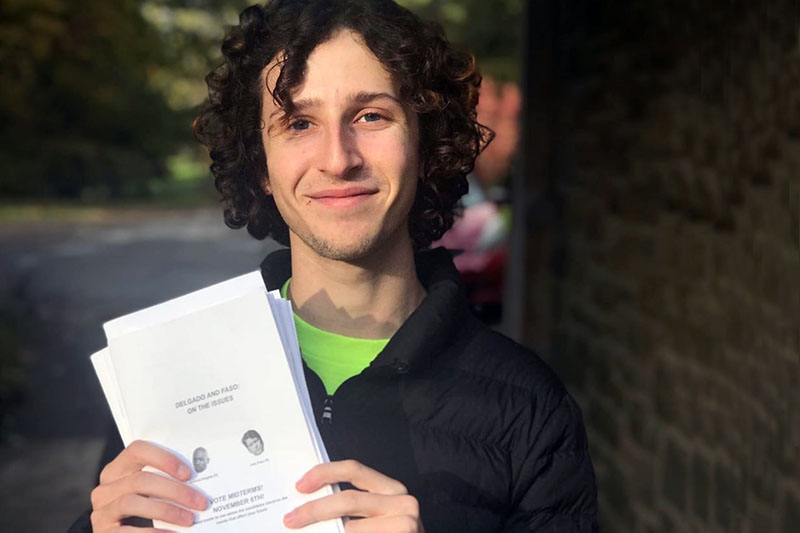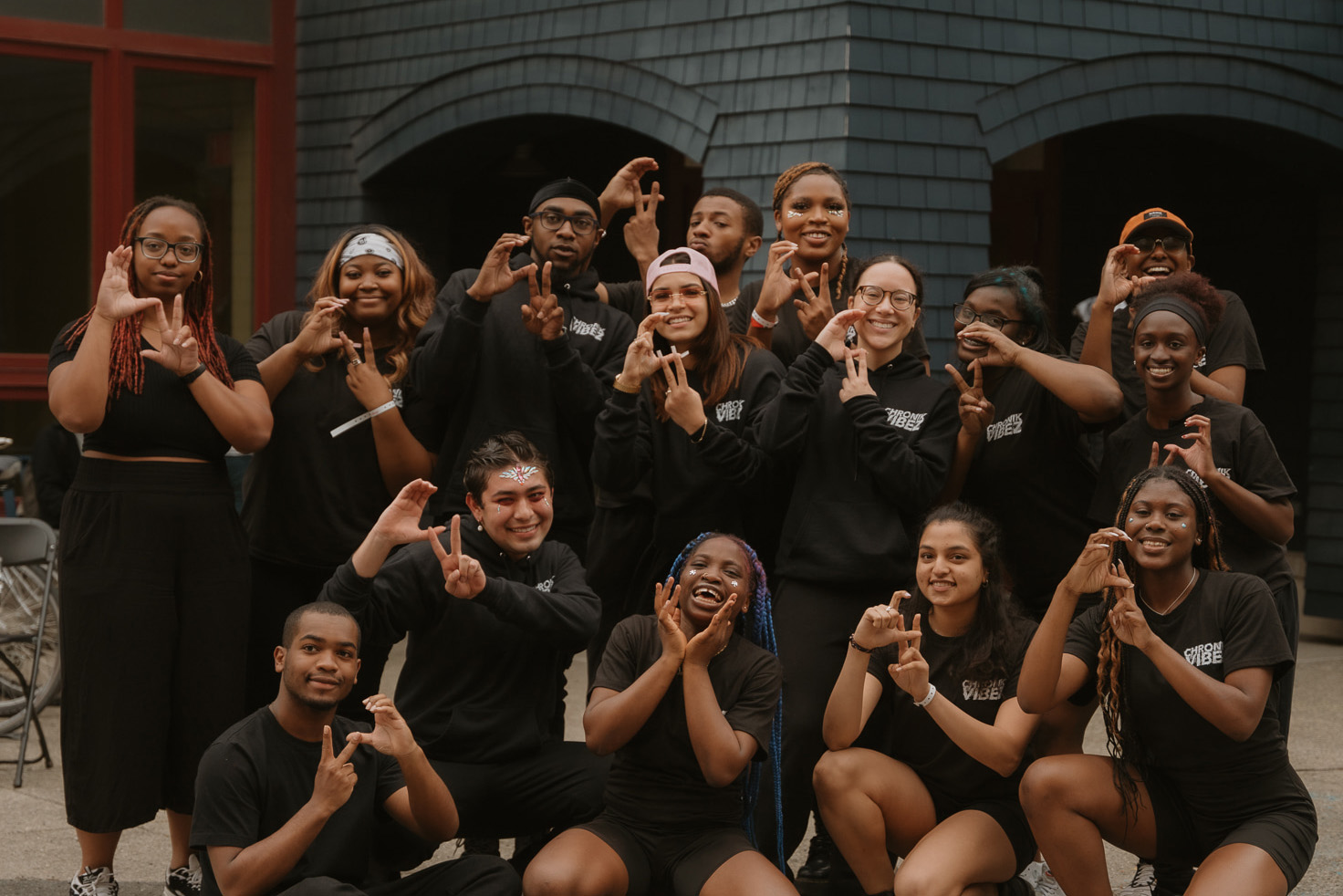Upcoming Events
Bard Student Support and Relief Fund
Over 70% of our students receive aid from the College, but often that is not enough to help cover the expenses of a new academic year, and certainly not the unexpected or unanticipated challenges that arise. The Student Support and Relief Fund coordinates with Divisions and Programs to provide relief from undue financial stress.
Join us in making a donation to help students thrive no matter what comes up.
Have a program or departmental resource we should know about? Contact Haron Atkinson at [email protected].
Our Mission
Diversity, Equity, and Inclusion (DEI) at Bard seeks to materialize our commitment to plurality, dialogue, and rigorous study. We strive to create a learning environment that upholds the College’s mission to meaningfully include the voices, works, and ideas of communities and cultures historically marginalized in liberal arts and sciences education. DEI at Bard aims to work at the systemic as well as the interpersonal level to address the implicit and explicit ways racism, sexism, classism, ableism, homophobia, transphobia, and religious discrimination impact the learning process.
Who does the work of diversity, equity, and inclusion at Bard?
DEI is an institutional mission at Bard College, tasking all of us with doing the work of furthering that mission. Fostering a more diverse, equitable, and inclusive campus is an effort shared by those who live and work at the College—students, faculty, and staff.
There are four offices on campus that lead the College’s DEI work. They are:
Acknowledging Bard's Origins
Bard College acknowledges that its origins are intertwined with the systems of racial injustice that have been a part of this nation’s history from its foundations.
Reporting
Campus Resources
Gilson Place: Dedicated in Support of Students of Color
Gilson Place, formerly Grey Stone Cottage, is a space dedicated to the advancement of students of color. Bard faculty and student leaders collaborated on its renovation and redesign. Gilson Place supports the academic, personal, and social success of members of the Bard community historically underrepresented in liberal arts and sciences education and fosters dialogue about race and culture on campus. The space is named for Alexander Gilson (c. 1824–89), an African American who labored for 50 years at Montgomery Place, now part of the Bard College campus. Gilson became head gardener at Montgomery Place and eventually opened up his own nursery business.
Student Clubs
Student clubs related to diversity, equity, and inclusion at the College include the Bard Christian Fellowship, the Latin American Student Organization, and the Trans Lyfe Collective. For more information about these and other clubs, visit https://studentactivities.bard.edu/clubs/.
Spotlight on the Posse Program
The Posse Foundation recruits talented public high school students who might have been overlooked by traditional college selection processes, forming them into supportive Posses and connecting them with participating colleges. Every year Bard accepts a Posse of 10 students with extraordinary academic and leadership potential, offering them full-tuition scholarships.
NEWSROOM
Bard College Receives Nearly $2.8 Million Grant from New York State Department of Education for Arthur O. Eve Higher Education Opportunity Program
Bard College has been awarded a $2,790,494 grant from the New York State Department of Education for its successful Arthur O. Eve Higher Education Opportunity Program (HEOP). This grant will provide funding over five years to significantly increase support of HEOP students at Bard. HEOP provides full-tuition scholarships as well as a broad range of services to New York State residents who would otherwise be unable to attend a postsecondary educational institution.
Bard College Center for Indigenous Studies Hosts Inaugural Symposium with Keynote Speaker Beth Piatote, April 25–26
The Bard College Center for Indigenous Studies will host its inaugural symposium on Thursday, April 25, and Friday, April 26, at Bard College in Annandale-on-Hudson, New York. The symposium includes workshops, lectures, and discussions centered around Dr. Beth Piatote’s (Nez Perce enrolled Colville Confederated Tribes) brilliant play Antíkoni, an adaptation of Sophocles’ Antigone.
“Representing the US and Critiquing It in a Psychedelic Rainbow”: Jeffrey Gibson Profiled by the New York Times
Jeffrey Gibson, artist in residence at Bard College, was once advised to tone down his work: to make it less colorful, less bold. “We’ve been dismissed as garish and too much, because of our use of color,” Gibson told the New York Times. Now, Gibson will be the first Native artist to represent the United States in the Venice Biennale with a solo exhibition—his embrace of color having propelled him to this stage. In a profile of Gibson for the Times, Jillian Steinhauer traced Gibson’s history as an artist and his preparation for the Biennale, where he “aims to interweave a Native American narrative with other histories of struggle and freedom.”


